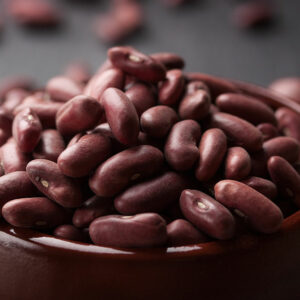
health
Foods that may help manage atopic dermatitis
Atopic dermatitis, also known as eczema, is a chronic skin condition that leads to dry and flaky skin. The skin becomes red, itchy, and inflamed due to this condition. The intensity of these symptoms could vary from one person to another, mild to severe. While there is no cure to the illness, there are possible ways to manage the triggers through lifestyle changes and food habits. Here are some foods that help combat atopic dermatitis . Bananas Bananas are an excellent superfood for those managing eczema symptoms. The high potassium content is not only good for the skin but also helps fight inflammation. These are also the kind of fruits that are very inexpensive and easy to find in stores, making them a convenient addition to a meal plan. Apples Apples are known for their flavonoids. These compounds have antioxidant and antihistamine properties, making them one of the best fruits to combat any body or skin inflammation. Since they are also known for their rich vitamin C content, they make for an excellent food choice to avoid dry and itchy skin conditions. Make sure you have the apple with its skin; it has nutrients too. Sweet potatoes Sweet potatoes are a powerhouse of nutrients.












